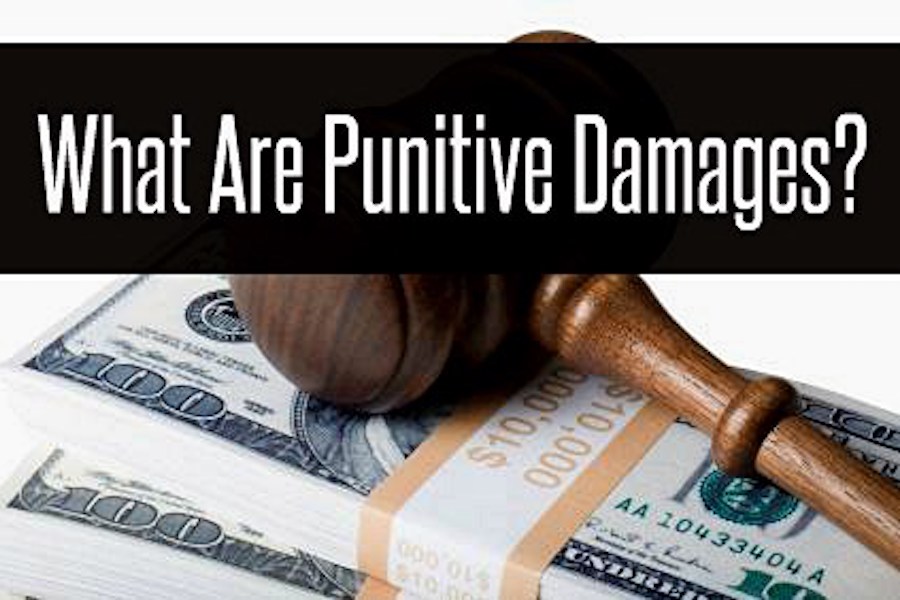
A trustee’s Egregious Conduct lead to an award of punitive damages of $100,000 against the trustee personally.
Walling v Walling 2012 ONSC 6580 involves a decision where the Ontario Supreme Court awarded $100,000 punitive damages against the trustee of an estate for extremely egregious conduct examples of breach of fiduciary duty. The court in fact awarded twice the amount that was claimed. The testator and his wife divorced prior to his death in 1999. The testator died when his two children were 16 and 12. His estate was to be divided equally between the children when the youngest term of 21, which occurred in 2007.
The testator’s brother, the children’s uncle, was the sole executor and trustee of the estate. The court found several examples of reprehensible conduct in the failure of the trustee to properly administer the estate. In addition to denying the children their rightful inheritance from the estate, the trustee in addition prevented them from attending funeral celebrations and refused their requests for meaningful mementos. The trustees conduct in relation to the estate limited the children’s postsecondary opportunities. The trustee not only grossly mismanaged the estate but also completely ignored court orders.
32 The Supreme Court of Canada commented on the purpose for punitive damages in Whiten v. Pilot Insurance Co., 2002 SCC 18, [2002] 1 S.C.R. 595(S.C.C.). The court reflected that “retribution, denunciation and deterrence are the recognized justification for punitive damages” (at para. 111). The Court observed that an award of punitive damages must be:
1. proportionate to the blameworthiness of the defendant’s conduct;
2. proportionate to the vulnerability of the plaintiff;
3. proportionate to the harm or potential harm directed specifically at the plaintiff;
4. proportionate to the need for deterrence; and
5. proportionate to the advantage wrongfully gained by the defendant from the misconduct: see paras. 111-125.
33 In my view, punitive damages are called for in this case. The defendant was completely derelict in his duties to the estate, and therefore to the plaintiffs who are beneficiaries of the estate. The plaintiffs were children when the defendant became the trustee of their father’s estate. Their vulnerability is obvious. The defendant’s sin is compounded by the fact he was an uncle to the plaintiffs, an adult whom they should have been able to trust. Instead, he squandered their inheritance.
34 The defendant’s defaults include failing to offer the children any meaningful mementos of their late father; permitting others to take items from the estate; selling chattels from the estate under value; failing to preserve or properly account for the estate; and failing to distribute the estate. The only reasonable conclusion appropriate is that the defendant converted the funds in the estate to his own use.
35 The defendant also failed to include the children in any funeral ceremonies for their late father and was completely indifferent to their feelings, causing them great distress. One of the children required psychiatric care as a result of this callous treatment.
36 The misconduct of the defendant led to a frustration of the children’s post-secondary education for lack of funds. The enormity of the defaults is quite shocking.
37 The harm is compounded when one looks at the systematic failure of the defendant to comply with any of the court orders issued to secure the defendant’s compliance with the terms of the will and his wanton failure to pay costs as ordered. He embarked on a course of conduct that increased the cost to the plaintiffs of attempting to secure their rights, and delayed any redress.
38 In sum, the defendant’s conduct has been outrageous.




